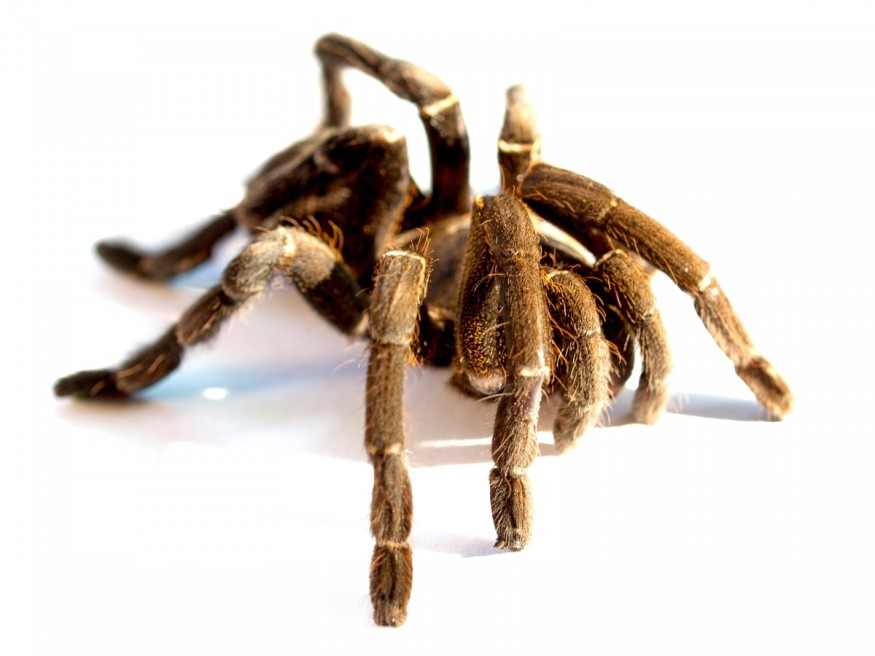Typically, irritable bowel syndrome (IBS) is treated with medications such as pain relievers, laxatives, anti-diarrheal drugs, and supplements. Australian scientists looked to nature for a source of pain-relievers, specifically, spider venom.
Researchers from The University of Queensland, Flinders University, and the South Australian Health and Medical Research Institute published their findings in the journal Pain. In the study, they screened the venom of 28 spider species. The venom of Venezuelan Pinkfoot Goliath tarantulas showed the most promise for developing pain blockers.
Irritable bowel syndrome has several symptoms, including rectal bleeding, abdominal pain, and persistent diarrhea due to damage in the digestive tract. The exact causes remain unknown, and there is no cure.
Patients are typically treated with medication, may be tested for coeliac disease (gluten intolerance), and maybe recommended a specific diet. An advice diet would include avoiding food that is hard to digest, such as beans and dried fruit, or lessening wholegrain food consumption to reduce diarrhea.
Treating Chronic Visceral Pain
The new study focused on developing a pain-reliever for chronic visceral pain. The authors wrote that nearly 20% of the global population deal with chronic pain as a symptom of various illnesses while there is a lack of effective pain relief drugs that have limited side effects.
Professor Stuart Brierley from Flinders University shared that gastrointestinal and bladder disorders causing chronic visceral pain affects the internal organs. "Internal organs have a complex network of sensory nerves that have a wide array of voltage-gated ion channels and receptors to detect stimuli.'
It is the hypersensitivity of the sensory nerves that often develop the pain. In response to changes in the cell membrane, such as inflammation, voltage-gated ion channels open and close due to nerve dysfunction, which results in chronic pain.
READ: Honeybee Venom Can Kill Aggressive Breast Cancer Cells Without Damaging Healthy Cells

Venom-Based Pain Blocker
The venom of Venezuelan Pinkfoot Goliath tarantulas has two important peptides called Tap1a and Tap2a. Peptides are short chains of amino acids that bind together to form proteins. However, the venom "peptides aren't completely selective for pain targets," explained Professor Richard Lewis from The University of Queensland.
They aimed to find specialized pain blockers that are both potent and can target pain sodium channels for the pain caused by IBS, said Professor Lewis. The channels had to be specific for chronic visceral pain without triggering other active channels, like in the heart.
The two Tap peptides inhibited the most important ion channels associated with chronic visceral pain, as demonstrated in mice models that were induced with IBS. One of the isolated peptides reduced the sensory nerves in the colon and bladder, shared the researchers, and almost worked completely as a pain blocker.
In conclusion, Professor Lewis shared that the team has gained a strong understanding of the function and structure of the two spider venom peptides. "The highly selective ones have potential as treatments for pain, while others are useful as new research tools to allow us to understand the underlying drivers of pain in different diseases."
READ: Spider Venom Now Can Treat Brain Damage: New Research Brings Hope For Stroke Victims
Check out more news and information on Venoms on Science Times.
© 2026 ScienceTimes.com All rights reserved. Do not reproduce without permission. The window to the world of Science Times.











